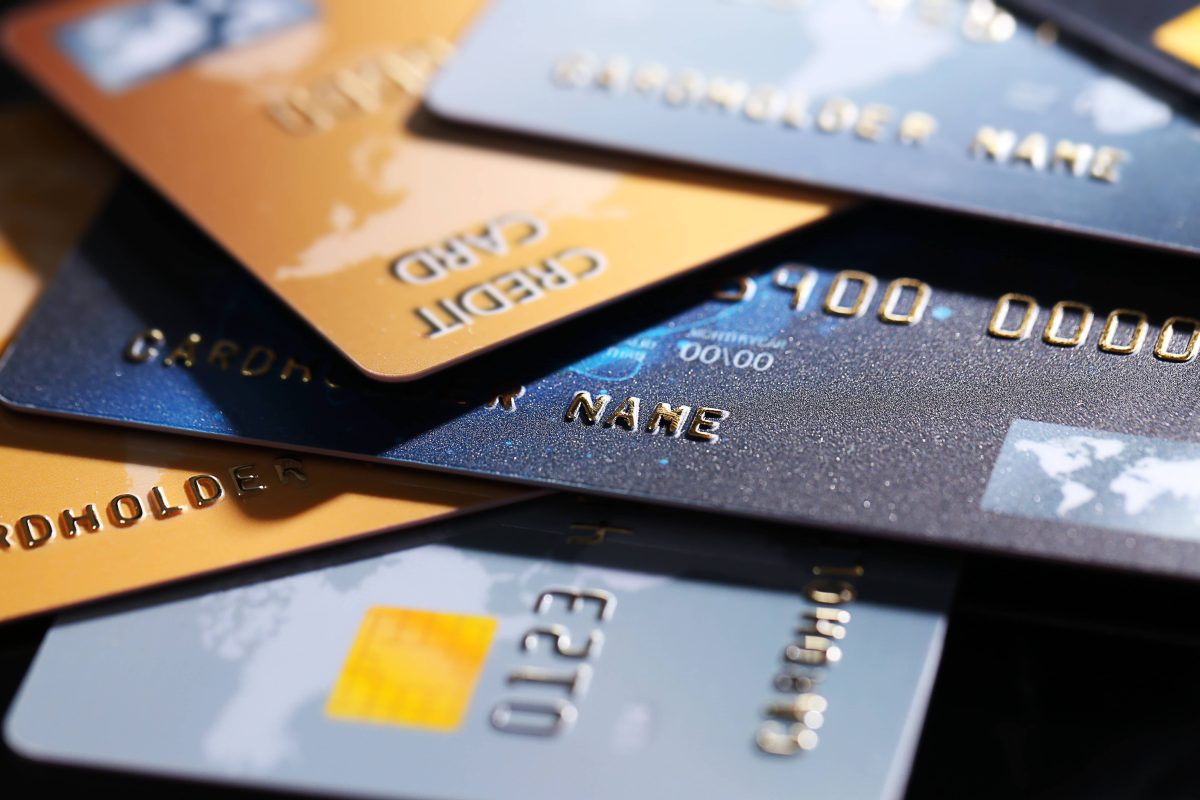A clean CPN should never be connected to any Social Security Number SSN, existing credit report, or prior financial accounts. It must be a completely unused nine digit number that passes verification and validation checks. Always ensure you’re using a CPN that has been verified through legitimate sources and confirmed safe by a trusted provider. Reputable credit repair companies that comply with the Credit Repair Organizations Act can help verify that the number isn’t associated with bad credit history, identity theft, or any negative marks on a prior credit report.
Remember, a CPN is a nine-digit identifier and not a replacement for your legal Social Security Number SSN issued by the Social Security Administration. Only the Social Security Administration can legally issue a new SSN, and obtaining one through unauthorized methods or CPN scam services can violate federal tax laws. Many CPN scam operations mislead consumers with poor credit or damaged credit scores, claiming that using a CPN is a legal way to erase negative marks or bypass bad credit. These practices are deceptive, and in many cases, using a CPN fraudulently may be considered misrepresentation or even identity misuse.
A clean CPN can only support a legitimate credit application if it’s properly registered and not linked to someone else’s credit information. For example, credit repair companies following the Credit Repair Organizations Act often help clients monitor their credit and set up automatic payments to improve their credit scores over time. This legal process, along with consistent file taxes compliance, ensures your credit report remains accurate while you responsibly build a positive financial record.
Many individuals turn to using a CPN after identity theft or when their credit report is filled with negative marks. However, this process must follow the law. Only the Social Security Administration can issue a legitimate new SSN, typically in cases of confirmed identity theft, stalking, or other serious circumstances. If a provider offers a new SSN without federal approval, that’s a major red flag of a CPN scam. Always verify legitimacy before using a CPN, since improperly obtained numbers can tie back to criminal records or credit applications belonging to someone else.
Your credit scores are influenced by multiple factors: your credit utilization ratio, history of automatic payments, and on-time payments on credit applications or revolving credit accounts. Even if you’re using a CPN, these habits still matter. Lenders review your new credit report for consistent behavior and responsible use of credit information. Credit repair companies can guide you on how to improve your credit scores, but beware of those that make unrealistic promises or encourage illegal CPN scam tactics.
Legitimate credit repair companies follow both tax laws and the Credit Repair Organizations Act, ensuring you understand how to file taxes, dispute inaccuracies, and rebuild financial stability legally. Any provider that offers to “guarantee approval” or “erase bad credit instantly” while using a CPN is likely illegal. Many scammers target consumers desperate to escape poor credit, charging high fees for services that often lead to fraud alerts, frozen credit reports, and even legal penalties.
If you’ve been the victim of identity theft or are rebuilding from bad credit history, focus on authentic financial strategies—maintaining automatic payments, disputing negative marks, and avoiding CPN scam offers. You cannot purchase a new SSN to replace an old one for credit purposes; only the Social Security Administration can legally issue a new SSN under specific, verified circumstances. Always remember that while using a CPN can protect privacy in certain contexts, it should never be used to falsify a credit application or hide credit information.
Ultimately, using a CPN legally is about protecting your identity, not escaping debt. Verify your nine digit number, ensure your provider complies with the Credit Repair Organizations Act, and check your credit report regularly for accuracy. Work with legitimate credit repair companies that emphasize education, credit scores management, and lawful transparency—not CPN scam shortcuts. If a service offers a new SSN or asks for upfront payment without written disclosure, it’s almost certainly illegal. By staying informed, monitoring your credit, and keeping your credit report clean, you can gradually restore your credit health and avoid the traps that come with unverified using a CPN offers.










